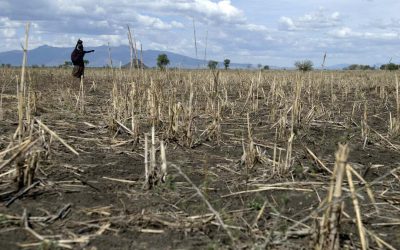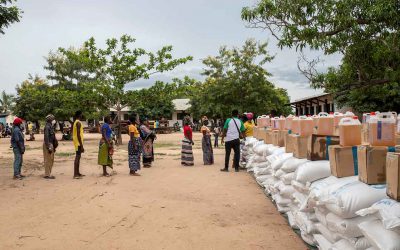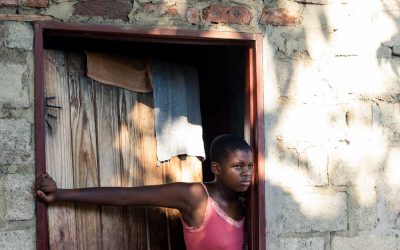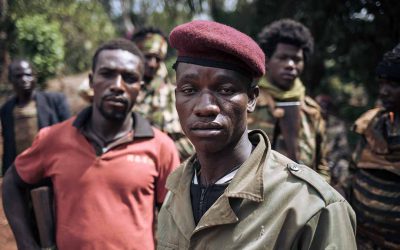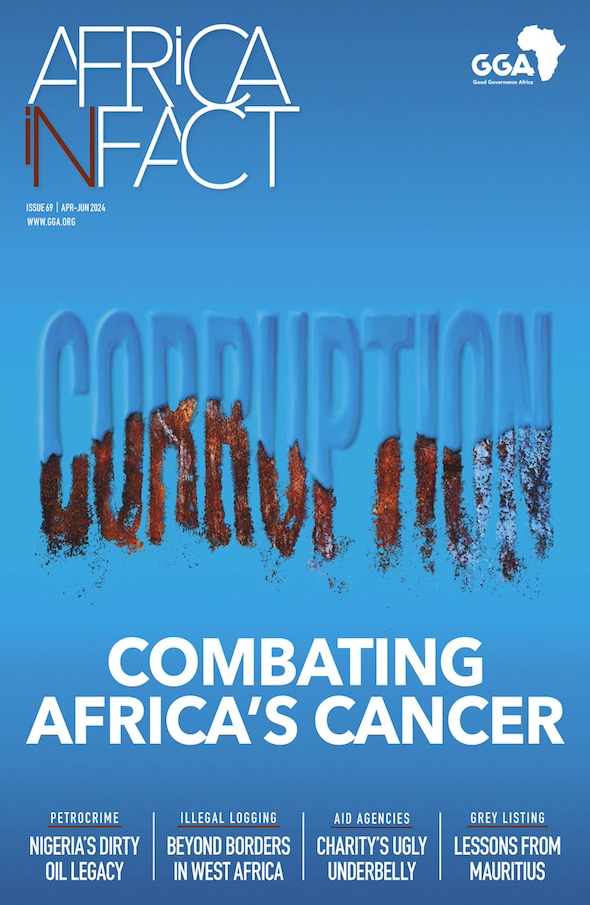What is the focus of this GGA Programme?
Articles from this programme
Trouble in the Kingdom of eSwatini
Navigating calls for democratic reform in Africa’s last remaining absolute monarchy Over the past week, the Kingdom of eSwatini has been rocked by pro-democracy protests. What began as a public...
Climate change action requires climate change literacy
Five African presidents were invited by President Biden to join him at the Leaders’ Summit on Climate on April 22 and 23, 2021, where 40 world leaders met virtually to discuss strengthening climate...
The nexus between violent extremism and the illicit economy in northern Mozambique
Is Mozambique under siege from international organised crime? Published within the Extremisms in Africa anthology series, this chapter by Dr Linos Mapfumo explores the nexus between the insurgency...
The escalation of extremist violence in southern Africa and the need for more collaborative security responses
Published within the Extremisms in Africa anthology series, this chapter by Stephen Buchanan-Clarke provides an overview of terrorist activity in Southern Africa in recent years as well as...
Reimagining rural education in Zimbabwe post COVID-19
The COVID-19 pandemic has presented a stark reminder that advances in access to education in recent decades should not be taken for granted. Children have suffered severely from global lockdowns...
What is behind the renewed violence in Central African Republic?
CAR will struggle to break the cycle of violence without international commitment to end it.
READ BETWEEN THE LINES
Sign-up to our newsletter to get the inside track on Africa
Human Security and Climate Change
Our Human Security and Climate Change (HSCC) team explores the nexus between climate change and conflict, along with other emerging security challenges facing the continent. Climate change-induced landscape changes, along with other degradations of the natural environment, combined with poor governance, are a perfect storm for exacerbating insecurity on the continent, especially in already-fragile contexts. For instance, climate change is already driving migration, which places pressure on available resources, which in turn can generate conflict. Given that conflict systems are increasingly regional in nature and thus require an unprecedented level of coordination and collaboration between states, the programme:
- Generates timely strategic insights and analyses for policymakers and practitioners on Africa’s exigent security challenges by conducting and drawing on evidence-based research, new datasets, and emerging analytical tools;
- Aids in the development and implementation of policies through strategic partnerships, advocacy, and utilizing effective monitoring and evaluation practises.
The HSCC team is also the custodian of our Conflict in Africa Monitor (CAM), which ingests real-time data to indicate geographically where conflict risks are apparent and growing, and what might be done to mitigate them.



